Vijaikumar M
HyperTeNet: Hypergraph and Transformer-based Neural Network for Personalized List Continuation
Oct 07, 2021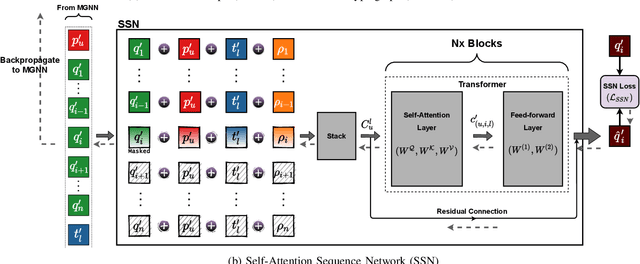
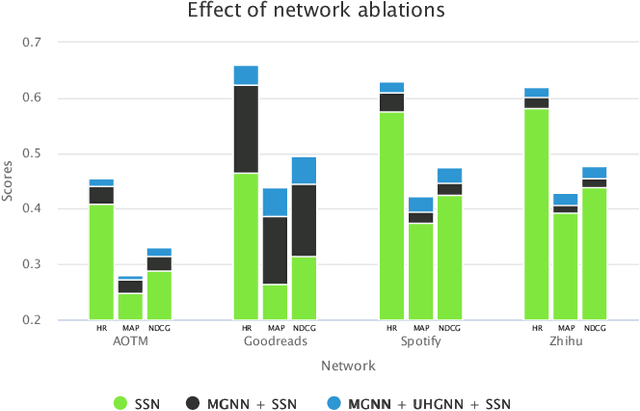
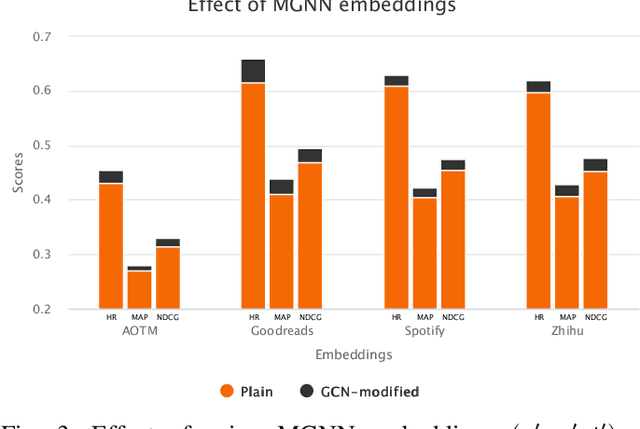
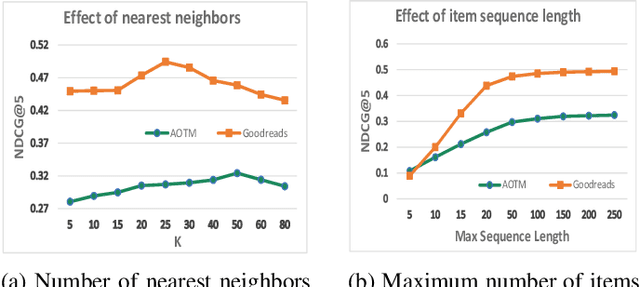
Abstract:The personalized list continuation (PLC) task is to curate the next items to user-generated lists (ordered sequence of items) in a personalized way. The main challenge in this task is understanding the ternary relationships among the interacting entities (users, items, and lists) that the existing works do not consider. Further, they do not take into account the multi-hop relationships among entities of the same type. In addition, capturing the sequential information amongst the items already present in the list also plays a vital role in determining the next relevant items that get curated. In this work, we propose HyperTeNet -- a self-attention hypergraph and Transformer-based neural network architecture for the personalized list continuation task to address the challenges mentioned above. We use graph convolutions to learn the multi-hop relationship among the entities of the same type and leverage a self-attention-based hypergraph neural network to learn the ternary relationships among the interacting entities via hyperlink prediction in a 3-uniform hypergraph. Further, the entity embeddings are shared with a Transformer-based architecture and are learned through an alternating optimization procedure. As a result, this network also learns the sequential information needed to curate the next items to be added to the list. Experimental results demonstrate that HyperTeNet significantly outperforms the other state-of-the-art models on real-world datasets. Our implementation and datasets are available at https://github.com/mvijaikumar/HyperTeNet.
Neural Cross-Domain Collaborative Filtering with Shared Entities
Jul 19, 2019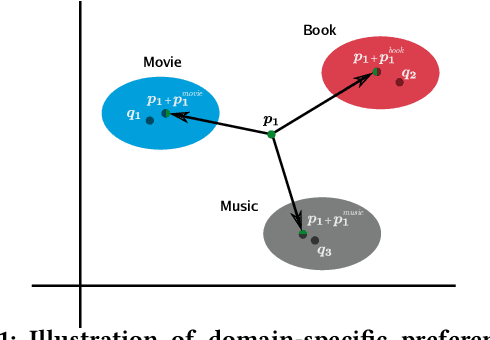
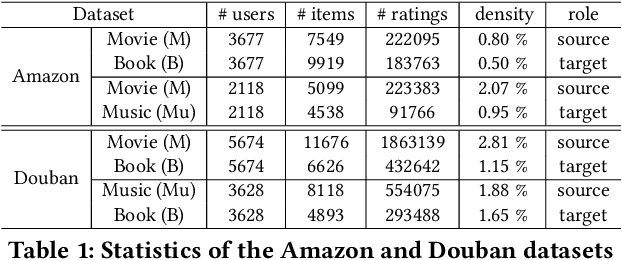
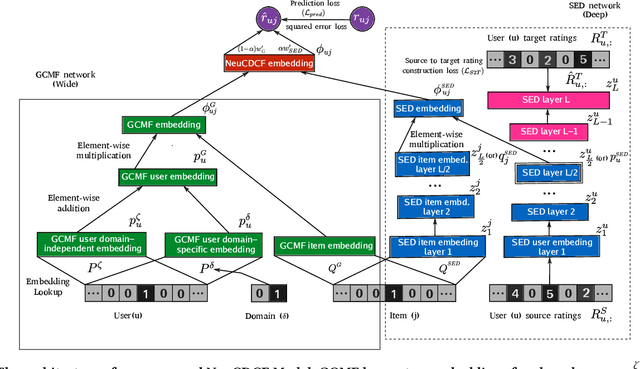
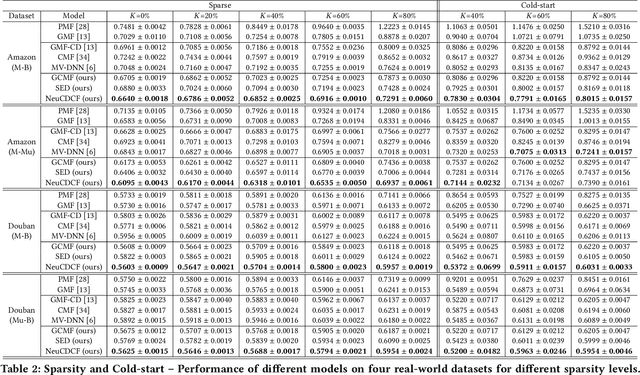
Abstract:Cross-Domain Collaborative Filtering (CDCF) provides a way to alleviate data sparsity and cold-start problems present in recommendation systems by exploiting the knowledge from related domains. Existing CDCF models are either based on matrix factorization or deep neural networks. Either of the techniques in isolation may result in suboptimal performance for the prediction task. Also, most of the existing models face challenges particularly in handling diversity between domains and learning complex non-linear relationships that exist amongst entities (users/items) within and across domains. In this work, we propose an end-to-end neural network model -- NeuCDCF, to address these challenges in a cross-domain setting. More importantly, NeuCDCF follows a wide and deep framework and it learns the representations combinedly from both matrix factorization and deep neural networks. We perform experiments on four real-world datasets and demonstrate that our model performs better than state-of-the-art CDCF models.
 Add to Chrome
Add to Chrome Add to Firefox
Add to Firefox Add to Edge
Add to Edge